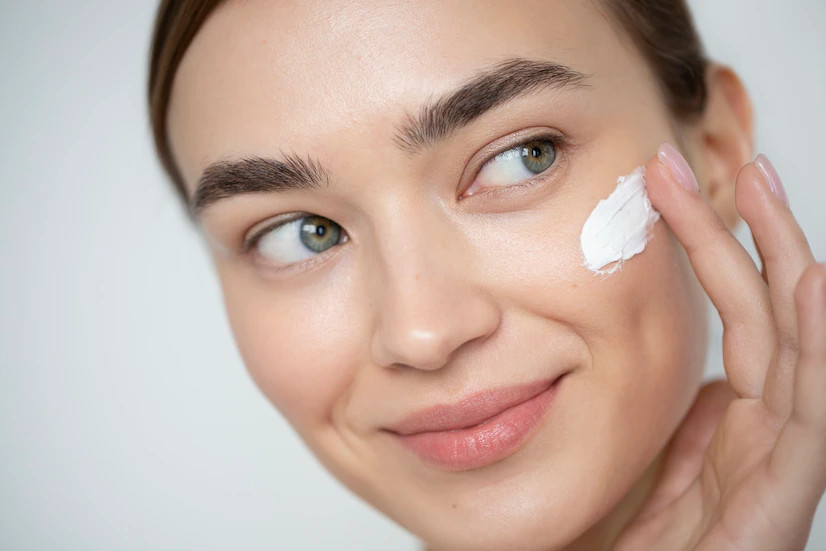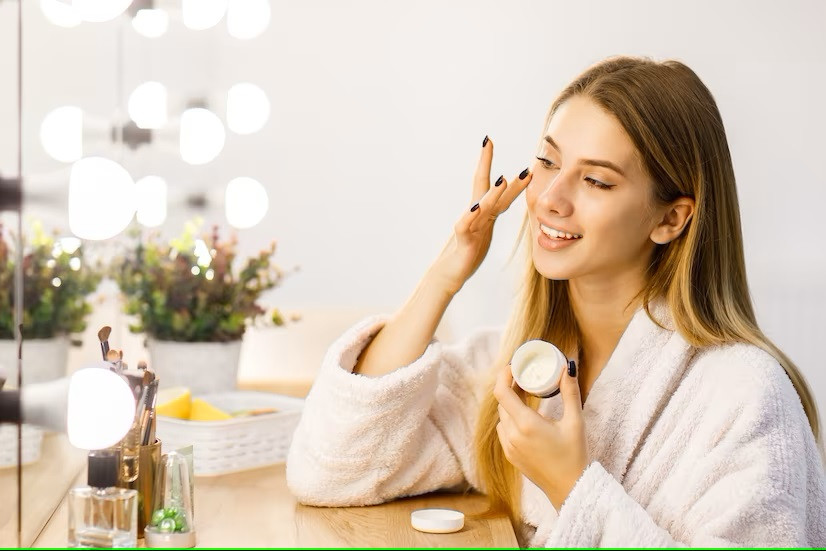Smoking is bad for not only your lungs and heart, but also your skin. Smokers tend to have signs of premature aging, such as wrinkles and fine lines, which lead to unhealthy facial skin. If you already have skin problems, smoking can aggravate your condition.
Effects of smoking on skin health
Smoking is often associated with health problems such as the risk of lung cancer, cardiovascular problems, heart attacks, cervical cancer, and bad breath. However, the dangers of the chemicals in cigarettes can cause not only these problems but also other health issues, such as skin health.
Smoking can cause a variety of skin health problems, including:
Dry skin and premature aging
Toxic substances found in cigarettes can harm collagen and elastin, which are skin components that keep it elastic and supple. This damage can reduce skin elasticity, causing wrinkles and other signs of premature aging, like fine lines and dry skin.
Changes in skin pigmentation
Smoking increases melanin levels in the skin, which can result in dark spots, particularly on the face. Holding a cigarette between the same fingers repeatedly can cause skin to yellow from nicotine and tar.
Delays wound healing
Smoking causes constriction of blood vessels, impairing the body's ability to circulate blood and complicating wound healing. Smokers may take longer to heal small cuts or scrapes than non-smokers.
In addition to the side effects listed above, smoking can aggravate skin conditions such as eczema, psoriasis, and vasculitis, as well as increase the risk of skin cancer.
Read more: Why Do I Gain Weight When I Quit Smoking?
The impact of quitting smoking on skin health
Quitting smoking not only lowers the risk of cardiovascular disease, lung cancer, and other chronic illnesses, but it also benefits the skin. Some of the effects of quitting smoking on skin health include:
Improves skin pigmentation
A 2012 study found that quitting smoking can help reduce dark age spots, redness, and other signs of skin pigmentation changes. According to the researchers, quitting smoking significantly reduced reddish or yellowish discolorations caused by tobacco and tar stains.
Reduced signs of aging
According to Healthline, a small 2010 study discovered that quitting smoking resulted in a 13-year decrease in respondents' "biological age." This was measured based on factors such as brightness, smoothness, elasticity, and skin tone. However, more research is needed to determine how quitting smoking affects the reduction of wrinkles and fine lines.
Restores collagen production
Toxins and various harmful substances can impair collagen production. However, when you stop smoking, this process returns to normal, making your skin more elastic and healthy.
These positive skin effects can be seen 4–12 weeks after quitting smoking, but the condition can vary depending on your overall health and lifestyle.
Read more: The Negative Effect Of Smoking On Mouth Health
Tips for restoring skin health after quitting smoking
To restore skin health after smoking, you can make some healthy lifestyle changes, such as:
- Implementing a balanced nutritional diet
- Adequate fluid intake is needed to keep the skin healthy and hydrated
- Avoiding alcohol
- Exercise regularly
- Getting enough quality sleep
- Using sunscreen to protect the skin from UV exposure
- Perform routine skin care, such as cleansing, moisturizing, and exfoliating
Smoking has various adverse effects on health. If you are a smoker and are having difficulty quitting, you should see a psychologist or psychiatrist.
If you need medical advice or consultation, you can either visit a doctor or make use of the consultation features that are available in the Ai Care application by downloading the Ai Care application from the App Store or Play Store.
Looking for more tips and health tricks, first aid, and home remedies? Click here!
- dr Nadia Opmalina
Hullet, A. (2023). Here's What Happens to Your Skin When You Quit Smoking. Available from: https://www.healthline.com/health/what-happens-to-your-skin-when-you-quit-smoking#benefits
WebMD. (2023). Slideshow: Surprising Ways Smoking Affects Your Looks and Life. Available from: https://www.webmd.com/smoking-cessation/ss/slideshow-ways-smoking-affects-looks
Tee-Melegrito, A. (2024). 16 ways smoking may affect the skin. Available from: https://www.medicalnewstoday.com/articles/smoking-effect-on-skin
Hullet, A. (2023). The Connection Between Smoking and Wrinkles, Explained. Available from: https://www.healthline.com/health/smoking-wrinkles
Martin, T. (2023). How Smoking Affects Your Face and Skin. Available from: https://www.verywellmind.com/9-ways-smoking-damages-your-skin-4061299












